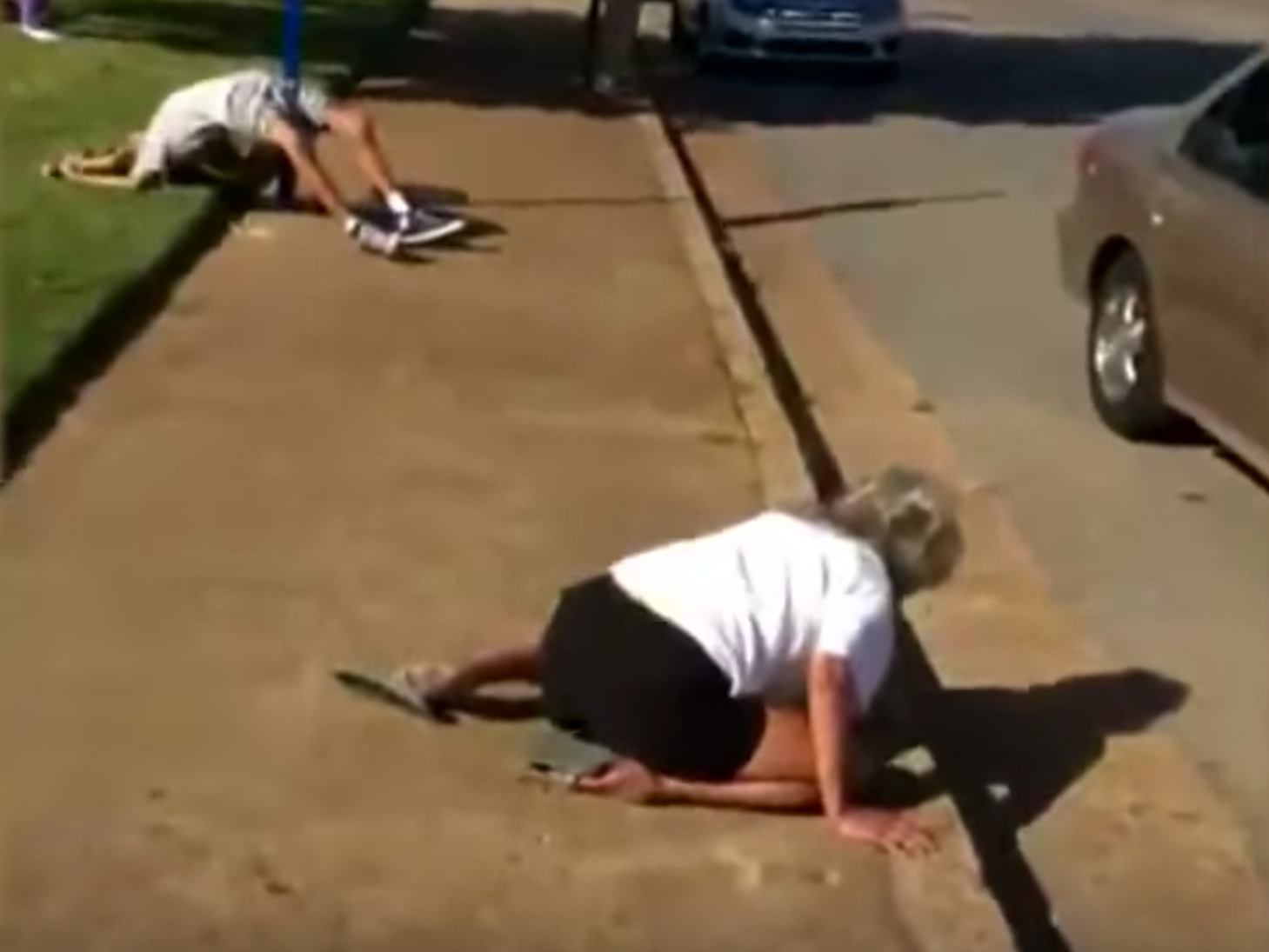Former heroin addicts captured overdosing in viral video reveal how it changed their lives
Ronald and Carla Hiers are now sober

Your support helps us to tell the story
From reproductive rights to climate change to Big Tech, The Independent is on the ground when the story is developing. Whether it's investigating the financials of Elon Musk's pro-Trump PAC or producing our latest documentary, 'The A Word', which shines a light on the American women fighting for reproductive rights, we know how important it is to parse out the facts from the messaging.
At such a critical moment in US history, we need reporters on the ground. Your donation allows us to keep sending journalists to speak to both sides of the story.
The Independent is trusted by Americans across the entire political spectrum. And unlike many other quality news outlets, we choose not to lock Americans out of our reporting and analysis with paywalls. We believe quality journalism should be available to everyone, paid for by those who can afford it.
Your support makes all the difference.The couple featured in a viral video showing a heroin overdose have revealed how they came to be slumped on a Memphis, Tennessee sidewalk on that infamous day.
Ronald Hiers and his wife, Carla, spoke out in a documentary produced by TIME and Mic. The couple said they had been addicted to opioids for at least 40 years before they were caught on a livestream video, sprawled unconscious on the pavement. They had just purchased some heroin and had shot up in a Walgreens bathroom.
“When I’d seen Carla, that’s when my heart poured out for her, because she was in a bad way,” Mr Hiers said of the day the video was shot. “It really hurt, because she was in public and she was being publicly humiliated.”
The video marked a turning point for the couple. After seeing the video, Mr Heirs daughter, Paris Hardee, called a rehabilitation centre and asked them to take him in. Ms Hiers, who was arrested the day the video was shot, entered treatment about a month later.
Before the intervention, Ms Hardee had cut off contact with her father.
“He was drunk and high a lot,” she said of her childhood. “He would hide needles in my drawer, in my room. “When you get those calls from jail and he’s telling me how hungry he is or whatever, I felt bad for him. I was sad and I was scared for him.”
Since her father entered treatment, however, the two talk and text regularly. Mr Hiers also talks on the phone and over social media with his wife, but they haven’t seen each since the day they entered treatment.
“I had to relearn my thinking, I had to relearn my dealings with people and to listen to people,” Ms Heirs explained.
Both husband and wife have been sober since they entered treatment.
President Donald Trump has declared the rate of opioid addiction in the US a public health emergency – short of the “national emergency” he promised to declare in August. The declaration gives federal agencies 90 days to redirect funds to fight the issue, but does not provide any new funding.
Join our commenting forum
Join thought-provoking conversations, follow other Independent readers and see their replies
Comments